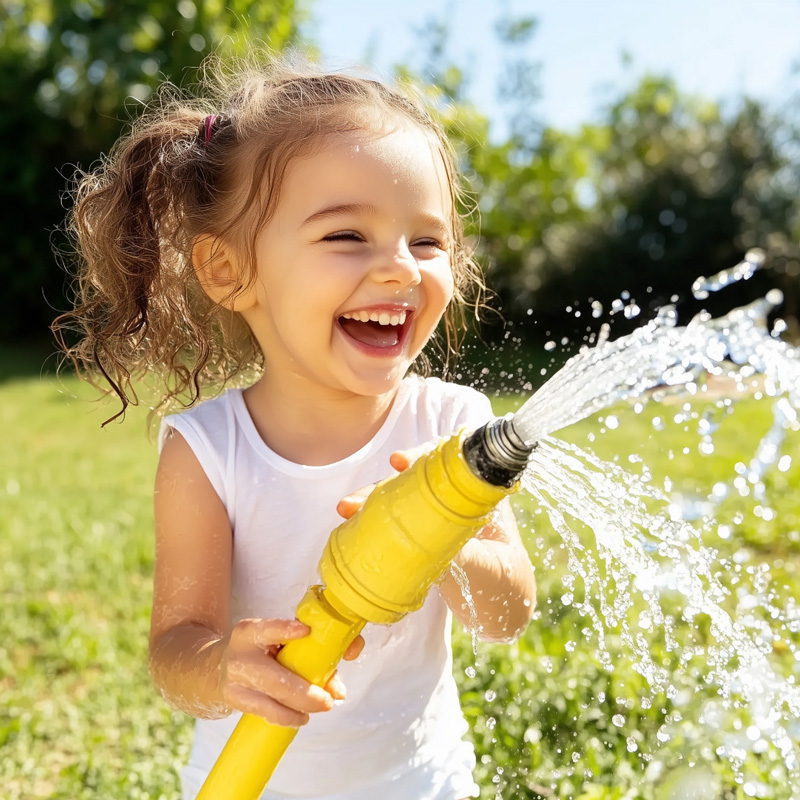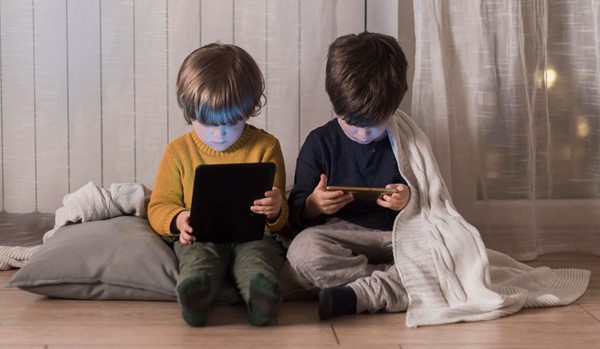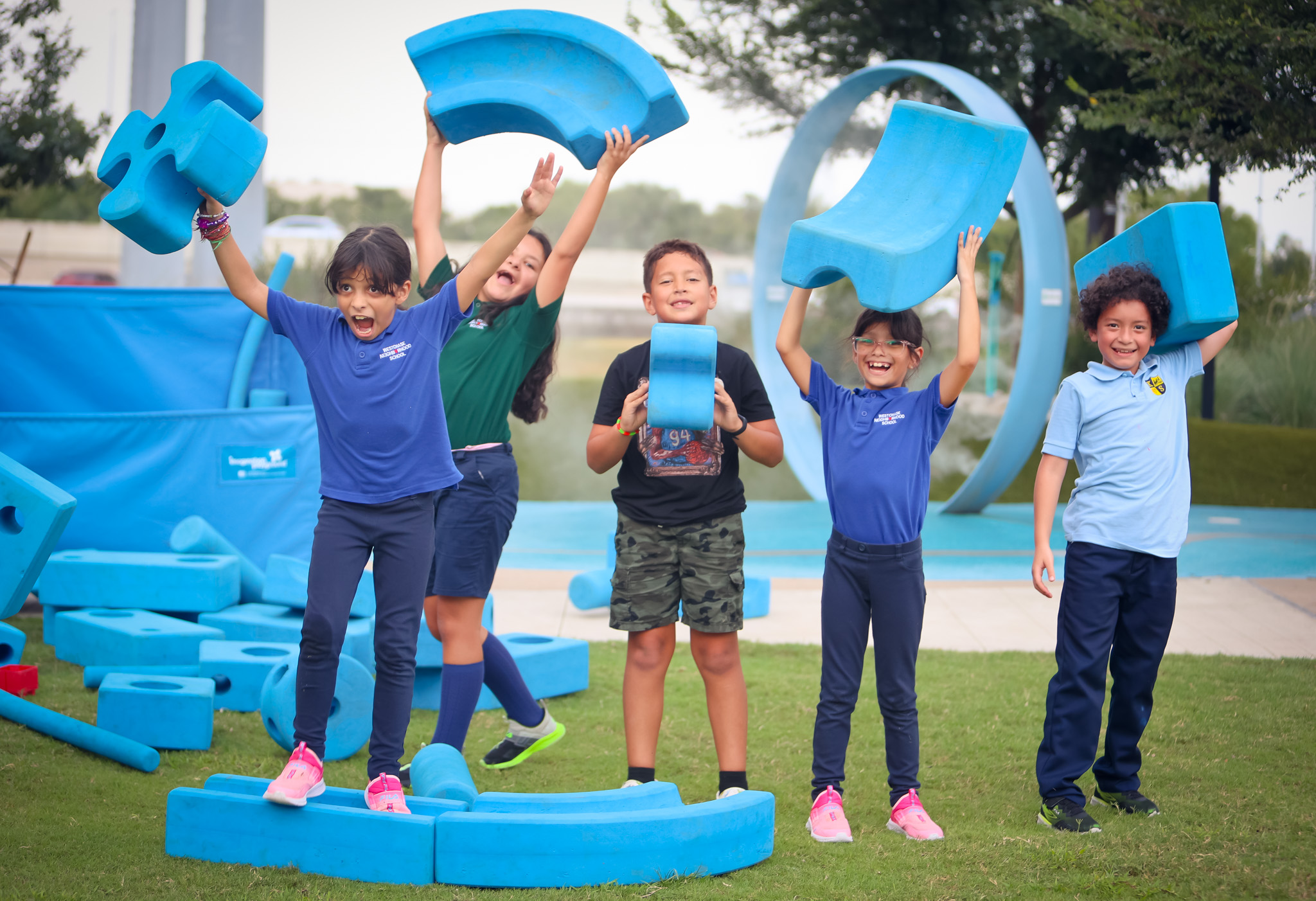By: Nicole Leuci Gilmer
It seems like every time I refresh my inbox there is a new email popping in with a report on why we need to do more of “this” or less of “that” to help our children developmentally. Conflicting research, unreliable sources, and exaggerated reports make for an overwhelming amount of information to sift through when searching for answers on how to appropriately help your child. In the battle for the best early childhood development methods, there is one recommendation that is consistent – the importance of play!
During playtime, many life lessons and skills are learned. When two toddlers fight over a toy, they are inherently learning about sharing, patience, and the feelings that follow. It would not be surprising if, following this event, one or both toddlers have an angry or emotional outburst. As they work through these feelings, they are learning the foundation for emotional regulation.
Emotional regulation is the ability to understand and manage one’s emotions.
As a parent or educator, it is natural to want the very best for your children and help them develop skills they will need throughout their lives. One of these vital skills is emotional regulation. Even young children can learn to recognize and manage their emotions in appropriate ways, and one great way to help with this development is through play.
As children grow, they learn more about themselves and, hopefully, how to manage their impulses, outbursts, and emotions. It is important to learn how to regulate oneself to cope with stress, anxiety, and other difficult situations in a healthy manner. Good emotional regulation skills are something that children can carry forward with them into their adult lives. By engaging in various types of activities, like team building and rational problem-solving exercises, outdoor experiences, and crafting, children acquire the skills needed to cope with stressful situations in the long term.
Play can help children express their feelings and work through problems in a safe and healthy way.
Play can be a wonderful tool for parents when it comes to helping their children with emotional regulation. Through dedicated playtime, parents can work on different strategies to help their child practice emotional regulation, such as listening attentively, modelling appropriate behaviors, setting clear limits on acceptable behaviors, as well as the young ones work on developing healthy coping mechanisms for managing their own emotions.
As children grow, they are often faced with difficult emotions such as anger and confusion, but dedicated free playtime provides a constructive way for kids to express these feelings in a secure environment. Various activity types, such as puzzles, blocks, and craft supplies, activate different parts of the brain during play and can help children develop their emotional regulation. Furthermore, these activities equip children with creative outlets that offer meaningful outlets for self-expression while also teaching them how to better handle their reactions to challenging situations.
Introducing more play into a child’s daily routine introduces more opportunities to work on regulation skills.
Play allows children an outlet to express and experience a variety of emotions through safe, healthy channels, while also providing an opportunity for parents and children to connect and deepen their sense of understanding for one another.
For example, a young child and their mother are readying to leave in the morning and the child does not want to put their shoes on for a seemingly unknown reason. The mother turns to making the process a fun game, complete with dinosaur roars and an appropriate amount of silliness. As the giggles are dying down and she is tightening the child’s laces, they take a minute to calmly discuss why the child was upset before.
As the child explains that they don’t like their shoes because sometimes their toes hurt, the mother may realize the shoes are too small or narrow. As she takes note to do some shoe shopping, she also explains to her young kiddo that communicating the problem is important so that they can work together to find a solution.
Taking an opportunity to make a stressful or mundane situation more playful can help your child reset and regulate themselves. Through this reset, the child may be able to calm down and articulate the root of their big emotions, which can set the foundation for the adult to encourage the development of problem-solving skills and boost the child’s confidence.
Helping your child build strong emotional regulation skills through play will enable them to better identify and understand their feelings, forming the basis of healthy relationships throughout their life.
In Conclusion…
Emotional regulation is a critical life skill that is, unfortunately, overlooked in many curriculums. Dedicated free-play time is a valuable opportunity for children to begin developing the foundation of many life skills outside of just emotional regulation, such as communication, collaboration, and empathy. Play encourages cooperation, teaches social cues, and provides a constructive way for kids to express these feelings in a secure environment.
When it comes to learning how to manage big emotions, you are never truly done. There is always a new feeling, situation, or emotion to navigate just around the corner. Having the right tools in your arsenal to manage these feelings impact the rest of your life. Luckily, no matter your age, playing is one of the most effective tools to help you decompress after a long day, manage stress, and even be a source of distraction during anxious times.
Emotional regulation is a critical life skill that children can start learning through play. Incorporating more play into your child’s (and your own!) daily routine can help develop and enhance the skills needed to cope with stress, impulses, and anxiety in a healthy and constructive way. For a child that is struggling to manage their emotions, remember that consistency is the key to helping lessen their stressors.
Play is a powerful tool for building strong families and helping children develop into compassionate, responsible members of society. So, when you have a spare 15 minutes, go enjoy some play time with the kiddos in your life- it could help develop lifelong skills 😉
Until next time, BUILD ON!






